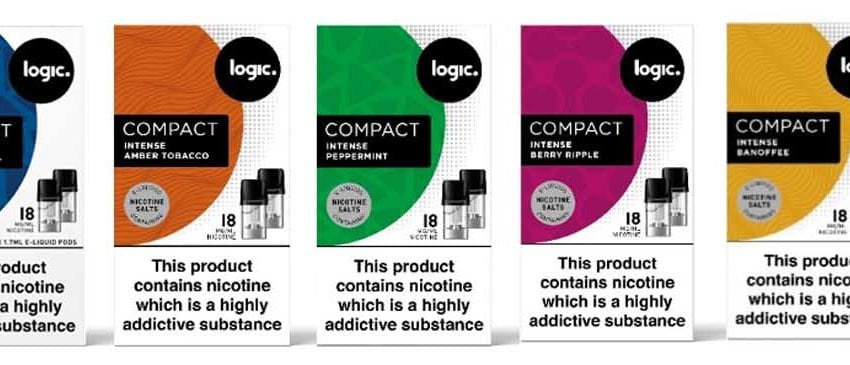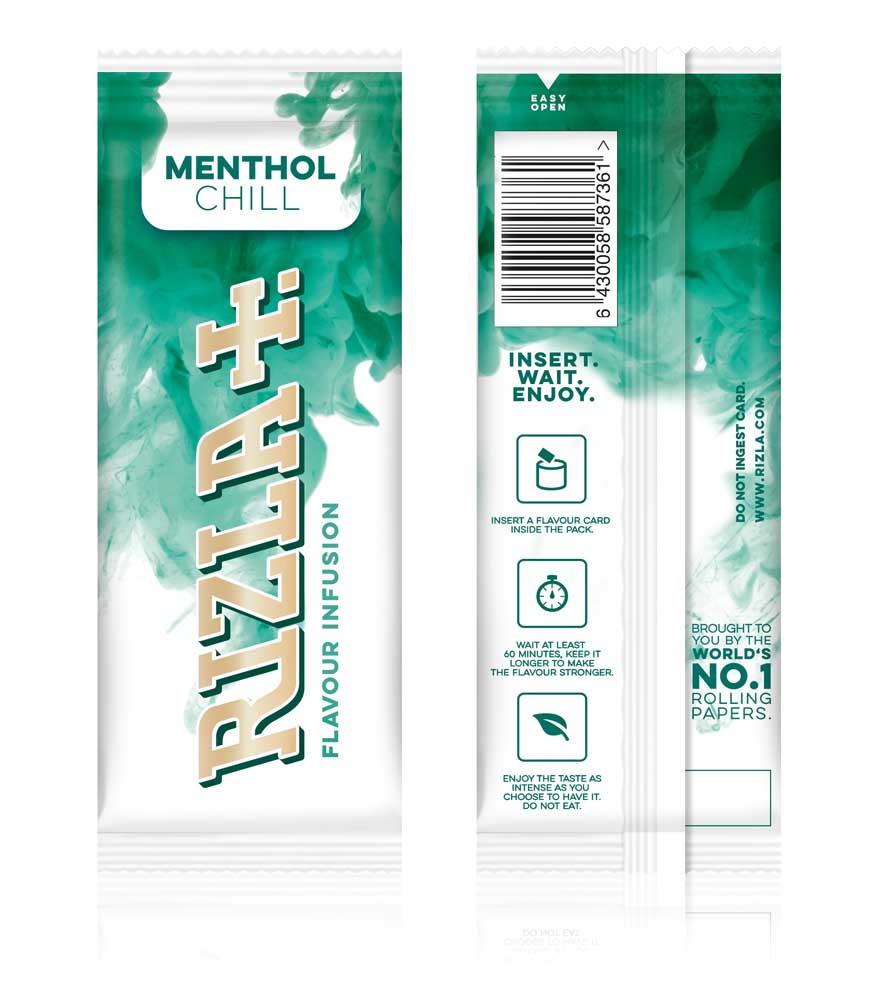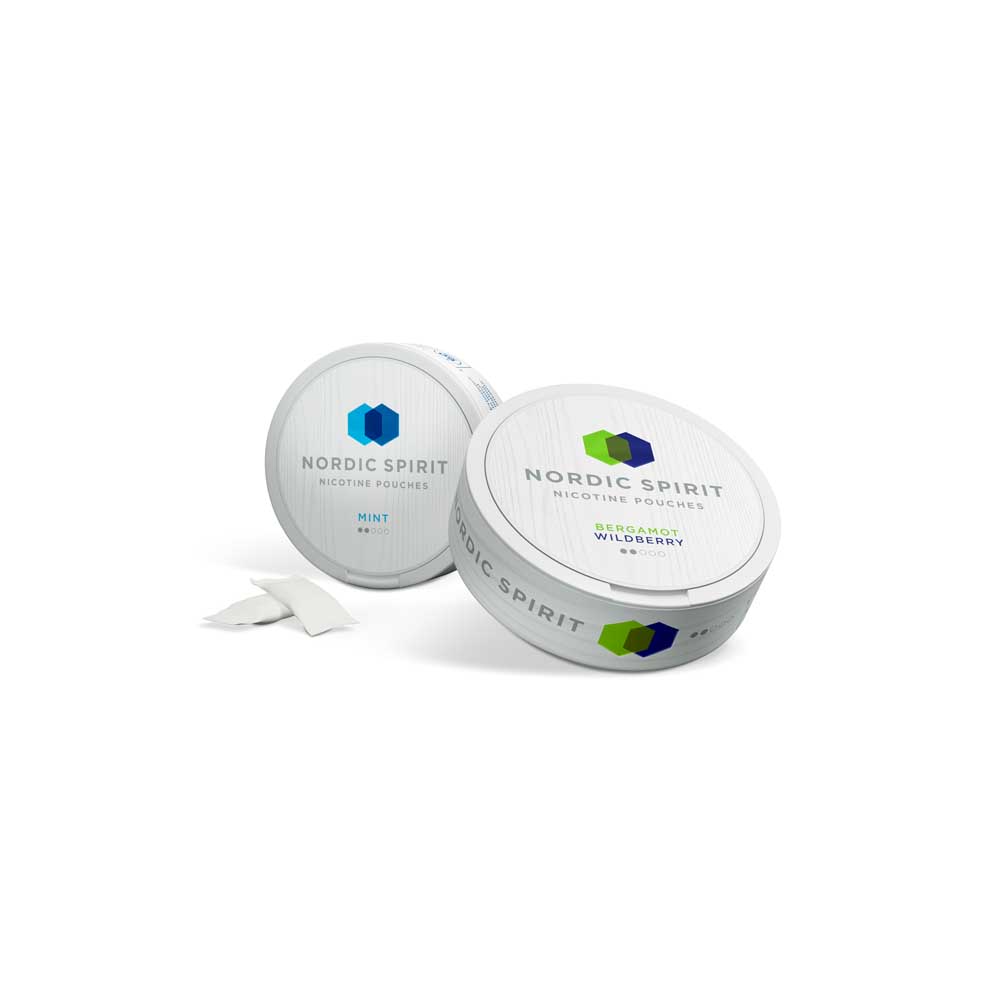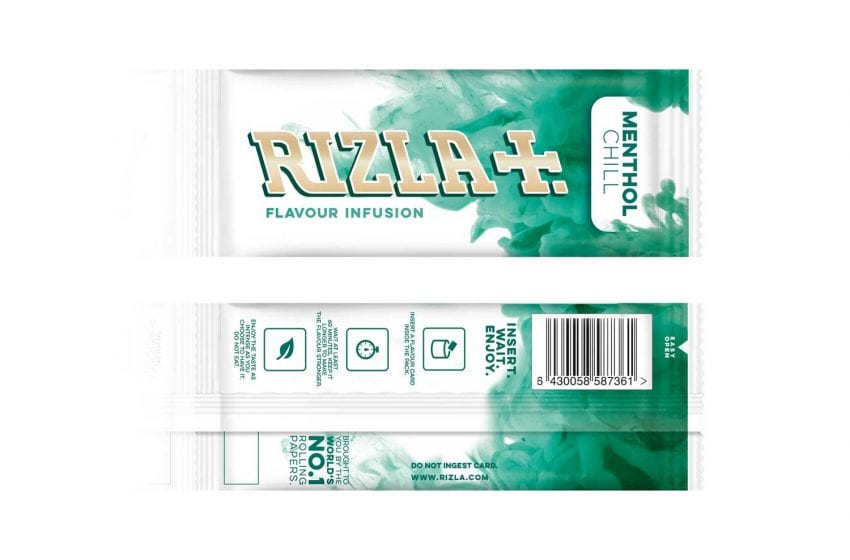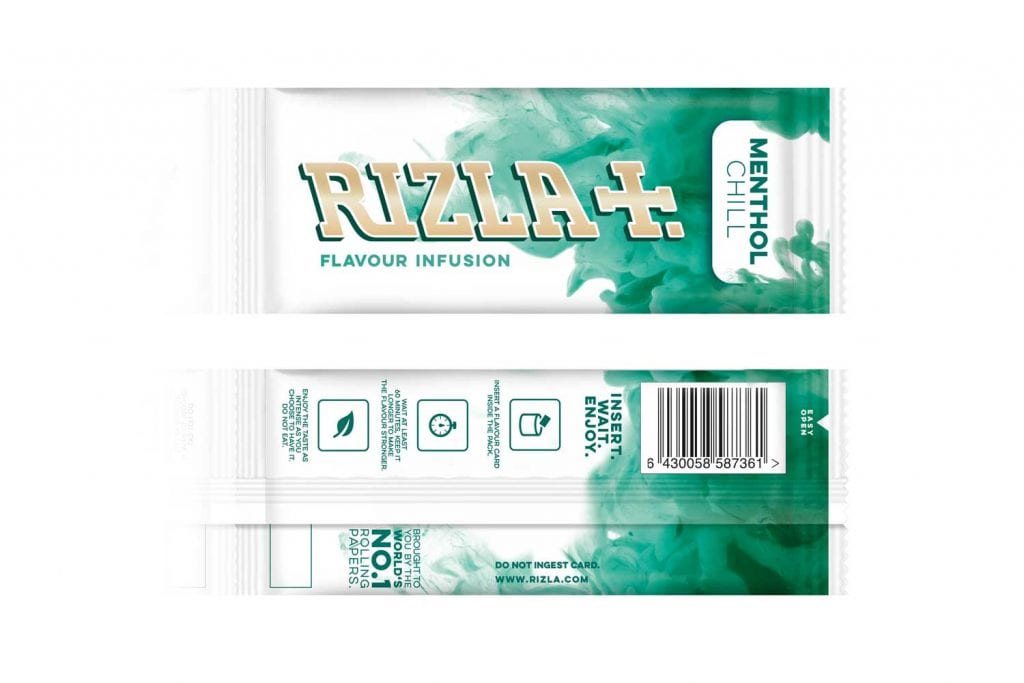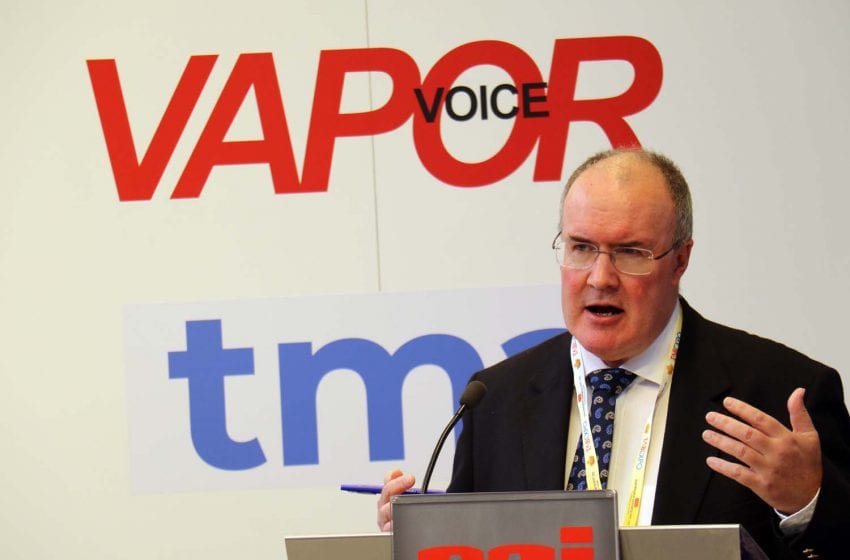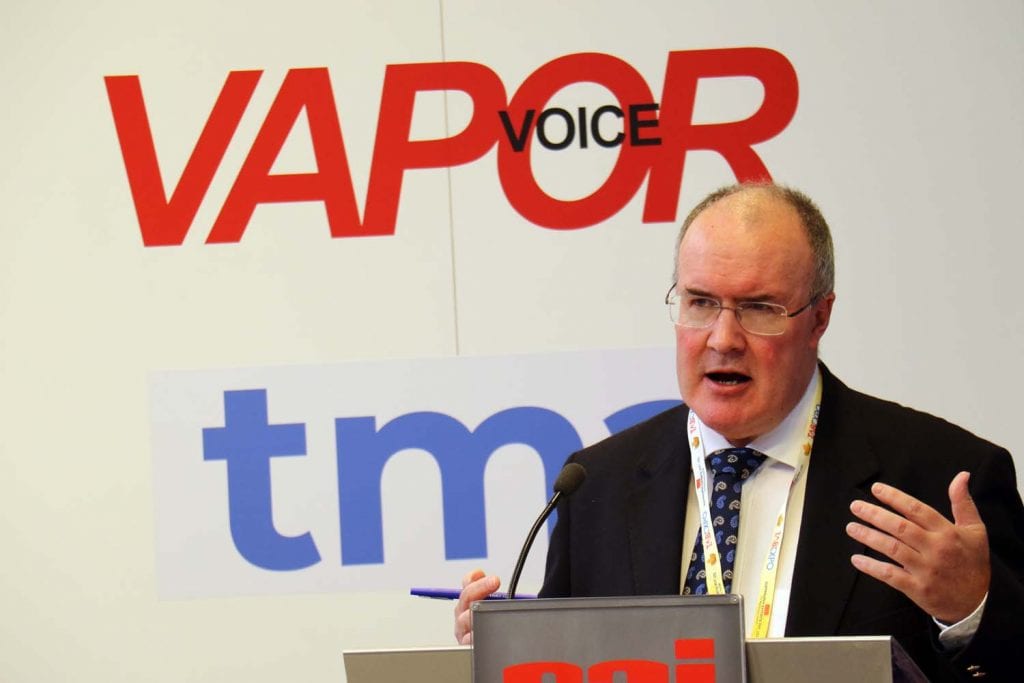
The African American Tobacco Control Leadership Council (AATCLC) and Action on Smoking and Health (ASH) are suing the U.S. Food and Drug Administration (FDA) for alleged inaction on menthol.
The plaintiffs have asked the court to compel the FDA to act on its own conclusion that banning menthol from tobacco products would benefit the public health.
The 2009 Family Smoking Prevention and Tobacco Control Act banned flavors in cigarettes but excluded menthol, subject to further research. In 2011, the FDA’s advisory committee concluded that the “Removal of menthol cigarettes from the marketplace would benefit public health in the United States.”
Despite this conclusion, and several statements of support in the interim, the FDA has not begun the rulemaking process of removing menthol from combustible cigarettes. The plaintiffs are asking the court to direct the FDA to act.
According to the AATCLC and ASH, smoking-related illnesses are the No. 1 cause of death in the African American community, and 85 percent of African American smokers consume menthol cigarettes.
“By continuing to delay, the FDA and the U.S. government are failing to protect the health of U.S. citizens, particularly African Americans, and the U.S. is also falling behind the global trend as countries around the world are increasingly banning menthol,” said Kelsey Romeo-Stuppy, managing attorney at ASH.
On May 20, the European Union banned menthol cigarettes.
“Our nation finds itself at a moment in time when action to eradicate systemic inequities and racism is crucial to fighting injustice, and this case is a perfect example of action which will elicit positive change,” said ASH in a statement.
Read the full complaint here.










